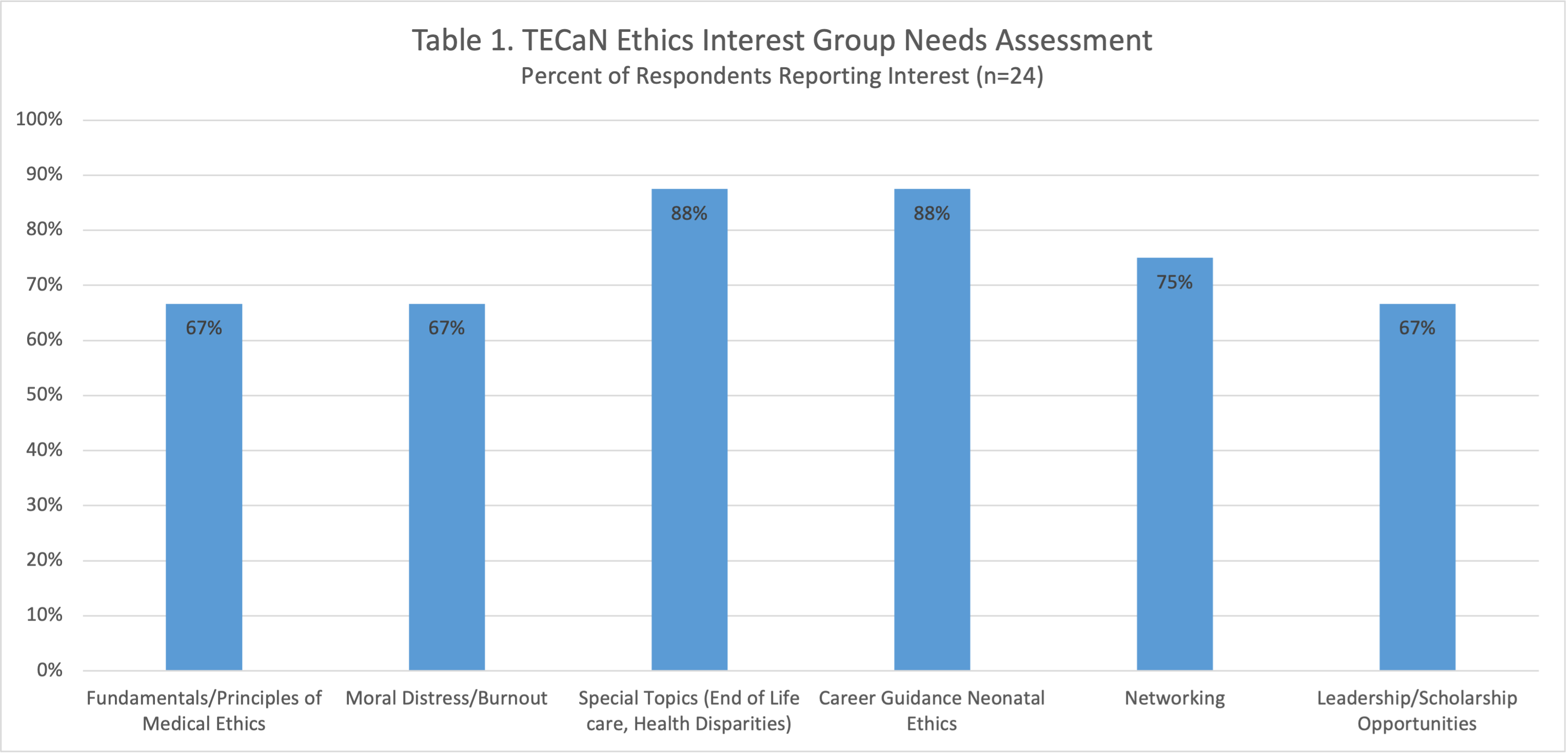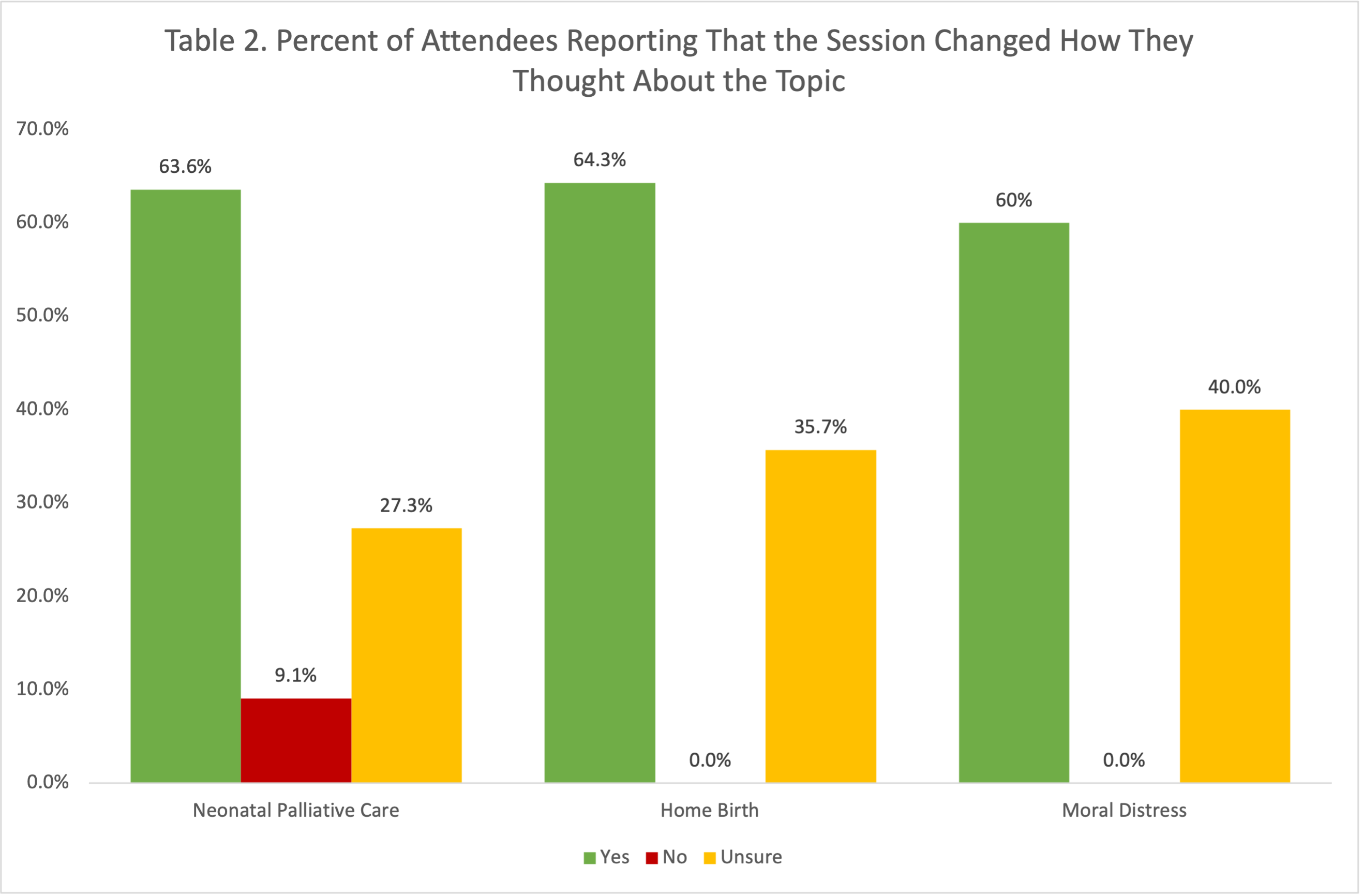Medical Education: Fellow
Medical Education 11: Fellow 2
556 - Neonatal Ethics Education Reimagined: Use of a Novel Peer-to-Peer Modality for Ethics Training for Trainee and Early Career Neonatologists
Publication Number: 556.325
- AL
Allison N. Lyle, MD, MA (she/her/hers)
Neonatal-Perinatal Medicine and Pediatric Bioethics Fellow
University of Washington School of Medicine/Seattle Children's Hospital
Renton, Washington, United States
Presenting Author(s)
Background:
Trainee and early career neonatologists report a desire for more education and mentorship in medical ethics but meeting their needs remains challenging. Expertise and resources for ethics education and support differ between institutions and, resultingly, neonatology fellowship programs vary in their ability to teach bioethics. Experts have developed and validated neonatal ethics course materials; however, given the importance of learning ethics as a group with discussion, implementing this material requires faculty to facilitate and integrate ethics curricula into an already heavy didactic load.
Objective:
To establish an ethics interest group for the Trainee and Early Career Neonatologists (TECaN) subgroup within the American Academy of Pediatrics Section on Neonatal-Perinatal Medicine, and to host educational sessions for subgroup members.
.
Design/Methods:
All members of TECaN were invited to join the ethics interest group. Those joining were invited to participate in a needs assessment survey, quarterly discussions on topics relevant to neonatal ethics, and an established curriculum in ethics and professionalism for neonatologists. Four quarterly sessions and two years (five one-hour sessions each) from an ethics and professionalism curriculum were held over a web-based meeting platform. Content experts led each live discussion. Participants completed brief surveys after each session.
Results:
84 TECaN members joined the ethics interest group. 24 completed the needs assessment survey (Table 1). 10-40 attended the quarterly sessions; the majority (60-64%) of those completing post-session surveys reported it changed how they thought about the topic (Table 2). For the curriculum, >30 participants expressed interest, though only 6-15 participants attended each session. Few completed either full year. Participant goals included expanding their baseline knowledge and learning to facilitate the course for trainees at their institutions. Strengths of this approach included engaging an audience from multiple institutions and enthusiasm from TECaN members and faculty. Challenges include time zones and scheduling, retention in longitudinal activities, and maintenance of a listserv.
Conclusion(s):
Using virtual conferencing platforms, the ethics interest group engaged clinicians across the country and beyond to meet ethics educational needs. This approach to providing targeted ethics education and support to a broad audience through a professional society interest group may have applicability to other specialties and professions in healthcare.


